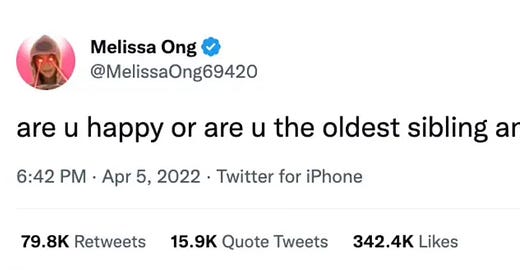Being a young brown girl is often a quiet existence in the loudest of rooms. Our stories begin with a longing—for the warmth of our fathers’ love, the steady assurance of their presence. But too often, that longing turns into an ache as we grow up learning to manage without it. We are taught resilience, but not at the cost of our humanity. From fathers to partners, the narrative shifts, but the desperation remains. We find ourselves begging for the most basic love—just the kindness of being held, seen, and valued.
And one day, too often, we catch ourselves realizing that we have been begging for the bare minimum. The bare minimum of being given a safe space to exist, to express, and to heal. The bare minimum of having our worries and fears treated with seriousness instead of dismissal. This revelation is painful because it lays bare a cycle of suffering we have internalized as normal. Brown women are too often expected to endure in silence, our struggles treated as private burdens rather than shared realities worthy of collective care.
As we shrink into ourselves, the once dynamic, free-spirited beings we were as little girls begin to fade, piece by piece. We retreat into shells, becoming smaller souls trapped in a cycle of survival. Surrounded by people—families, communities, and even partners—we become shadows of ourselves. The vibrant hues of our identities are washed out in the overwhelming demand for compliance, silence, and sacrifice. Almost every brown woman knows this feeling—the weight of being in a room full of people and still feeling achingly alone.
But how do we end this cycle of suffering and abuse that women face in silence? How do we shut down narratives when nobody wants to come forward and be vulnerable? What is the solution?
The answers lie in a revolution of courage and care, beginning with ourselves. To end the cycle, we must first break our silence. Vulnerability feels dangerous because it exposes us, but it also liberates us. When one voice speaks up, it creates space for another to join in, building a collective strength that cannot be ignored. We need safe spaces—both physical and emotional—where women can share their stories without fear of judgment or retribution.
Communities must shift their focus from endurance to empowerment, dismantling harmful cultural expectations that glorify suffering and silence. Education plays a vital role—teaching young girls to recognize their worth and encouraging boys to unlearn patriarchal norms. Conversations must begin in homes, schools, and places of worship, addressing the deeply ingrained narratives that perpetuate cycles of minimization and abuse.
Most importantly, the solution lies in reclaiming our self-worth. When we stop begging for the bare minimum and start demanding equity, dignity, and love, we change the narrative. This journey is not easy, but it is necessary.
To all the brown girls who feel unseen and unheard: Your voice matters. Your pain matters. And your healing is possible. Let us refuse to carry this silence any longer and, together, build a world where we are all safe to be whole.





